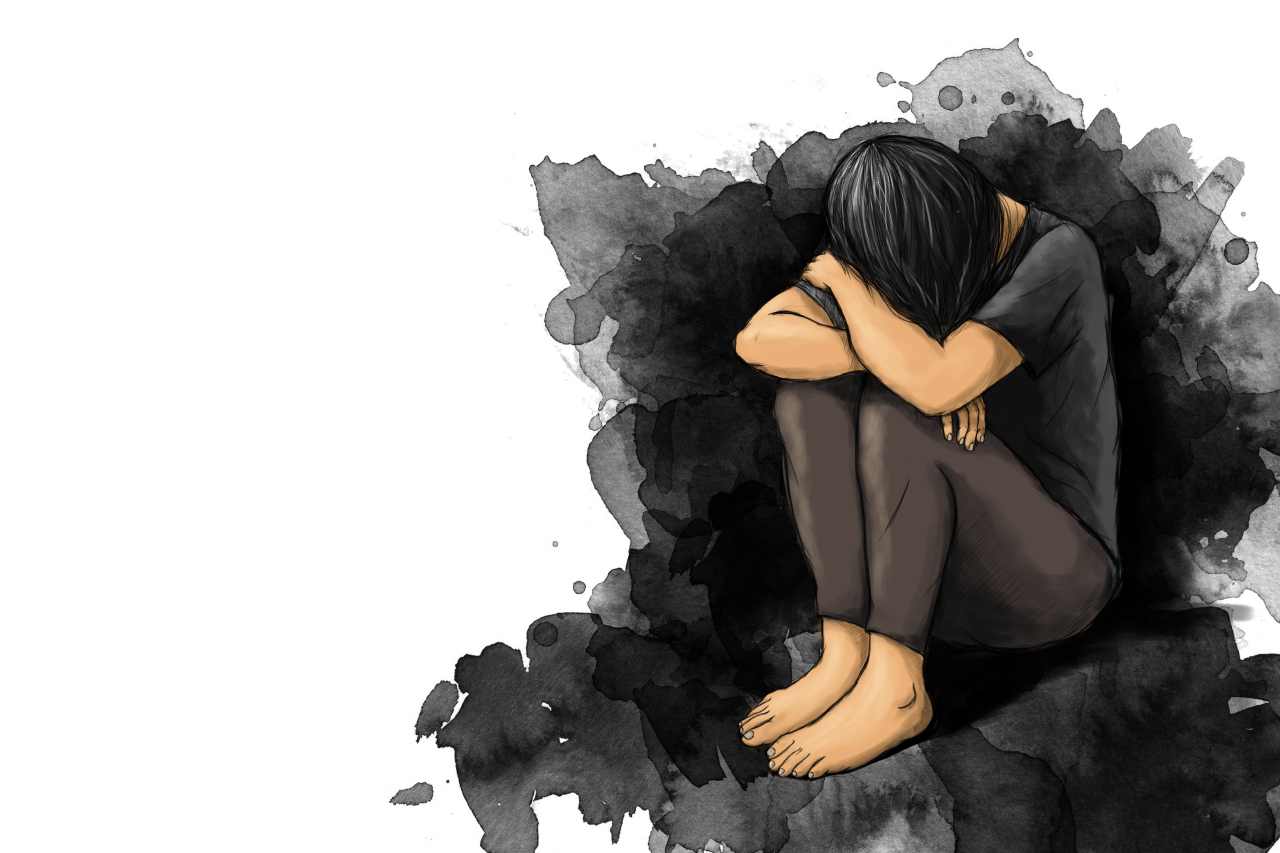Depression among men in 30s, 40s increases after pandemic: study
By Park Jun-heePublished : Dec. 27, 2022 - 14:39

The COVID-19 pandemic has led to an increase in depression disorder among men in their 30s and 40s, especially those with a lower education level or an unmarried status, data showed Tuesday.
A report on adult mental health analyzed by the Korea Disease Control and Prevention Agency based on a Korean National Health and Nutrition Examination Survey said groups are considered at risk when the odds ratio, or relationship between a variable and the likelihood of an event occurring, is higher than one. When comparing the prevalence of depressive disorder in men before and after the COVID-19 outbreak, for men in their 30s that ratio was 2.87 and for men in their 40s the ratio was 2.32.
According to the KDCA, 2018 and 2019 is considered pre-pandemic and 2020 and 2021 as post-pandemic.
For men who received up to a middle school education or below, the prevalence of depressive disorder stood at 2.71 compared to those who graduated high school at 2.05. Meanwhile, the odds ratio for men who had graduated college was much lower at 1.45.
When looking at the disparity between married and unmarried status, the ratio for unmarried was 2.20 while those who were married was 1.42.
People with low incomes were also more likely impacted by depression. The cross ratios for people in the second and third quantiles, out of the country’s four-tier income distribution indicator, were 2.39 and 2.62, respectively.
Overall the rate of suicidal thoughts declined in the post-pandemic era, except for men and women in their 30s, which increased to 2.69 for men and 2.59 for women. Furthermore, the rate of suicidal planning for men in their 30s was particularly high with the odds ratio at 5.98.
The prevalence of depressive disorders in men increased from 4.2 percent in 2014 to 4.4 percent in 2020, while decreasing from 9.1 percent to 6.2 for women in the same year. Meanwhile, suicidal thoughts for men fell to 3.4 from 3.5 between 2021 and 2013, and suicide planning declined to 1.1 percent in 2021 compared to 1.3 percent in 2013.
“Mental health deterioration of men in their 30s has increased after the COVID-19 pandemic, so attention and monitoring is needed,” Jee Young-mee, who heads the KDCA, said via a press release.


![[Exclusive] Korean military set to ban iPhones over 'security' concerns](http://res.heraldm.com/phpwas/restmb_idxmake.php?idx=644&simg=/content/image/2024/04/23/20240423050599_0.jpg&u=20240423183955)




![[Pressure points] Leggings in public: Fashion statement or social faux pas?](http://res.heraldm.com/phpwas/restmb_idxmake.php?idx=644&simg=/content/image/2024/04/23/20240423050669_0.jpg&u=)

![[Herald Interview] 'Amid aging population, Korea to invite more young professionals from overseas'](http://res.heraldm.com/phpwas/restmb_idxmake.php?idx=644&simg=/content/image/2024/04/24/20240424050844_0.jpg&u=20240424200058)









